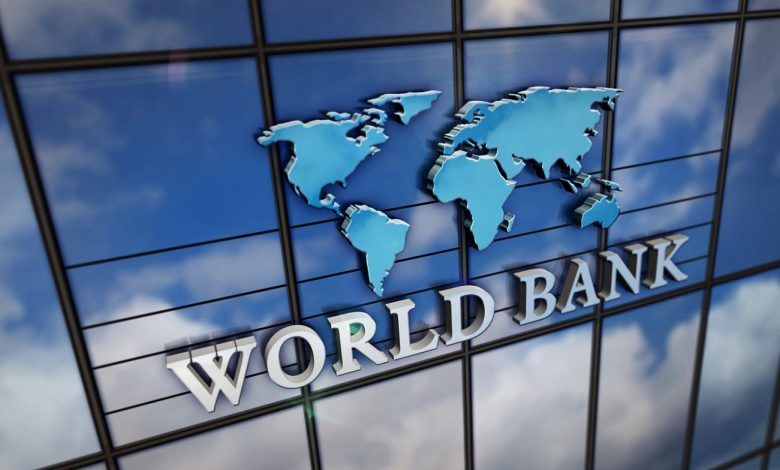
The World Bank has raised concerns that Nigeria’s safety nets for the nation’s poor could be severely impacted by the ongoing decline in oil prices, potentially worsening the economic challenges faced by millions of Nigerians.
In its latest Africa Pulse report titled “Improving Governance and Delivering for People in Africa,” released on Friday, the World Bank warned that the federal government’s efforts to alleviate poverty through social safety nets may not be sufficient to lift millions of citizens above the poverty line. The report also highlighted that Nigeria accounts for a staggering 19 percent of the poverty share in Sub-Saharan Africa, a troubling statistic that underscores the depth of the issue in the country.
The report comes on the heels of significant economic reforms implemented by the Bola Tinubu administration, including the controversial removal of the petrol subsidy and the liberalization of the foreign exchange (FX) market. These reforms have contributed to escalating inflation and rising poverty rates. Over the past year, the number of poor Nigerians has surged from 104 million to 129 million.
Despite these challenges, the World Bank forecasts moderate economic growth for Nigeria over the next few years, with a predicted annual GDP increase of 3.6 percent in 2025 and 3.8 percent in 2026. However, the bank also cautioned that this growth may not be enough to significantly reduce poverty levels in the short term.
The report notes that while non-resource-rich countries are expected to see faster poverty reduction and growth, resource-dependent nations like Nigeria face the risk of stagnation due to declining oil prices. As a result, Nigeria and other resource-rich, fragile countries are expected to experience a rise in poverty rates over the 2022–2027 period, with the World Bank projecting an increase of 3.6 percentage points in poverty.
The report highlighted that the Nigerian economy’s recovery is likely to be gradual, with growth driven primarily by the service sector particularly finance, information and communication technology (ICT), and transportation. Additionally, there is expected to be some rebound in oil production, which will converge with the country’s OPEC+ quota.
This forecast aligns with a revised prediction by the International Monetary Fund (IMF), which downgraded Nigeria’s economic growth forecast for 2025 to 3.0 percent from its earlier projection of 3.4 percent. The IMF cited factors such as weakening oil supply and escalating global trade tensions as reasons for the downward revision.
Despite the ongoing challenges, the World Bank’s report emphasized the need for continued reforms and international support to address the nation’s growing poverty crisis.





